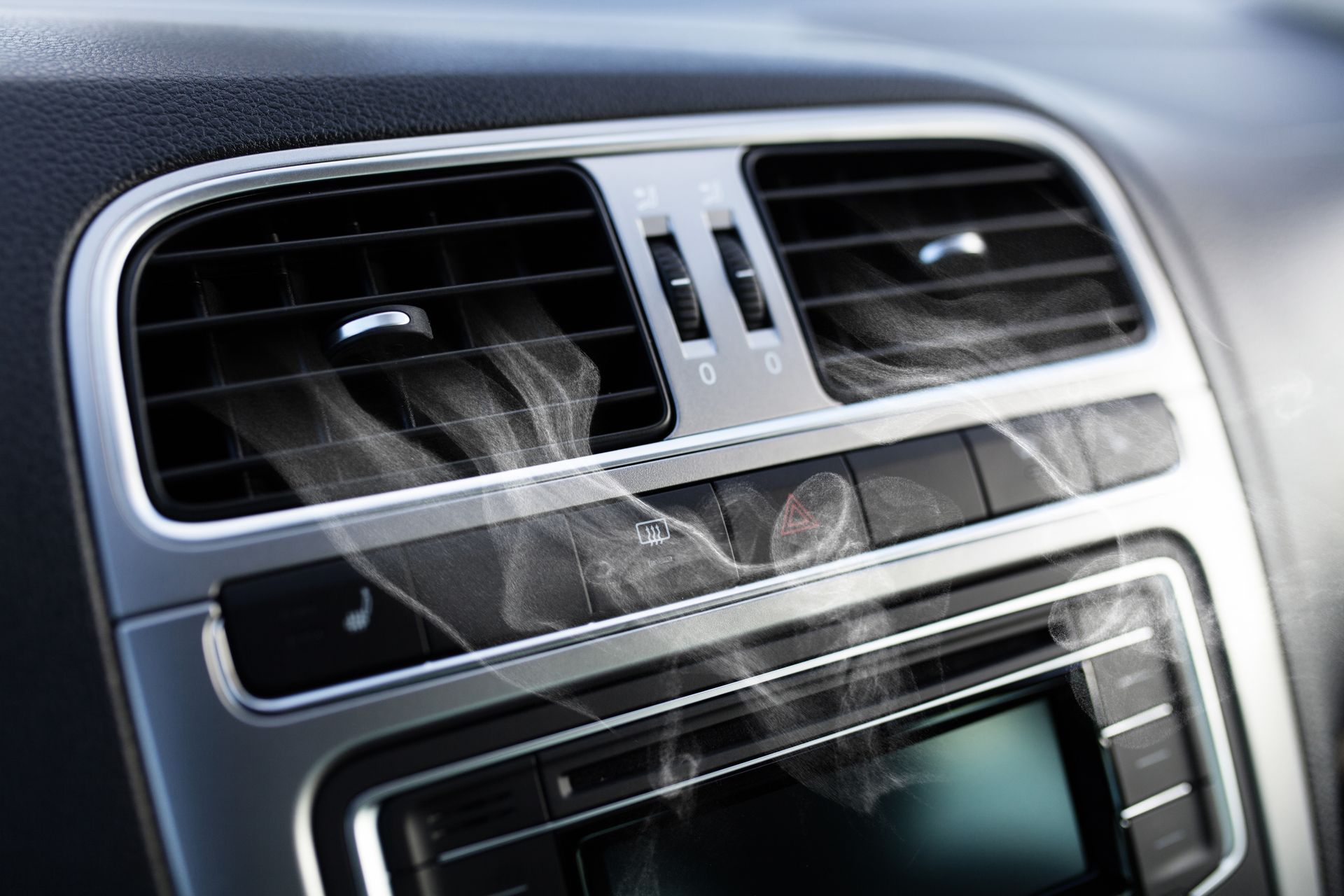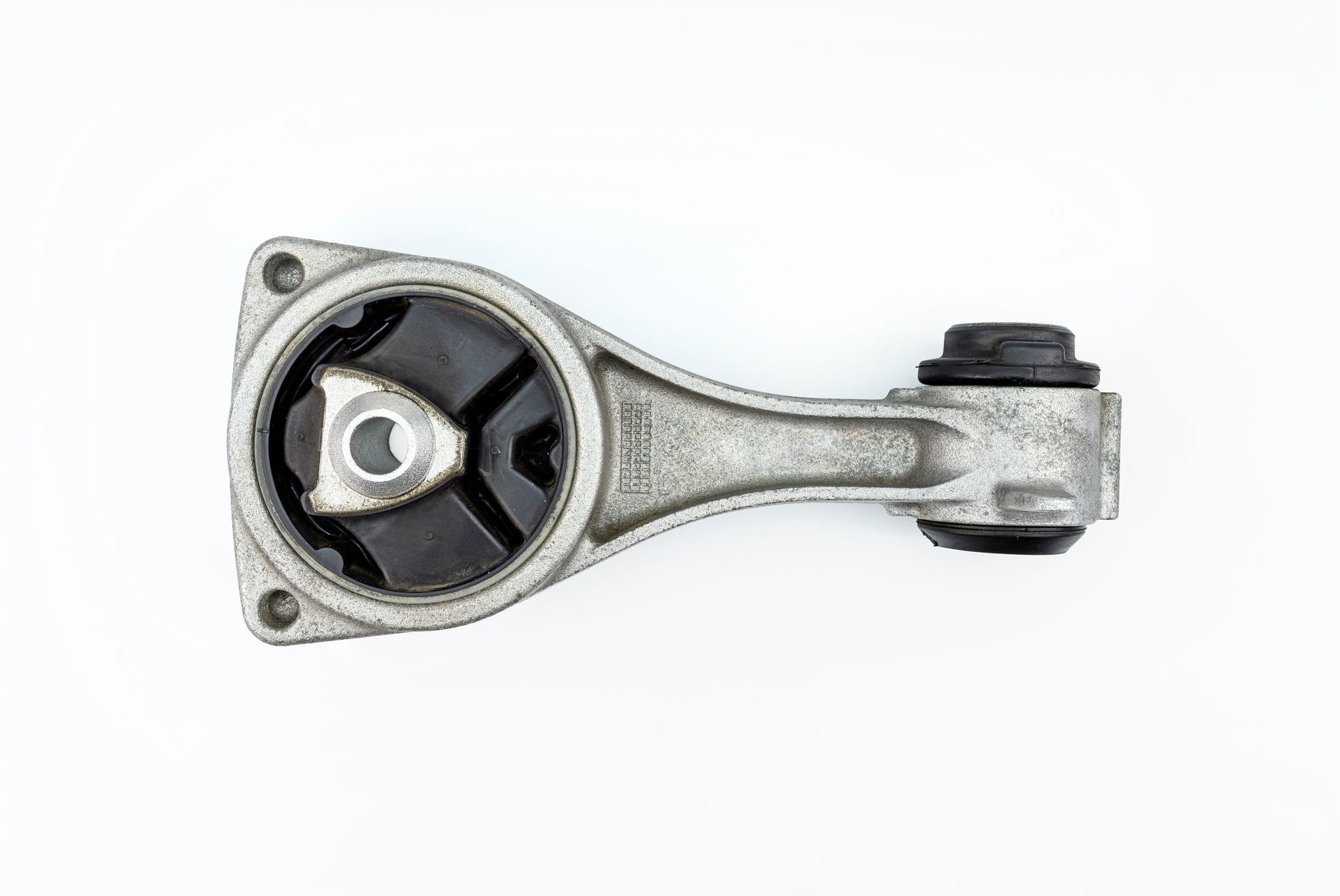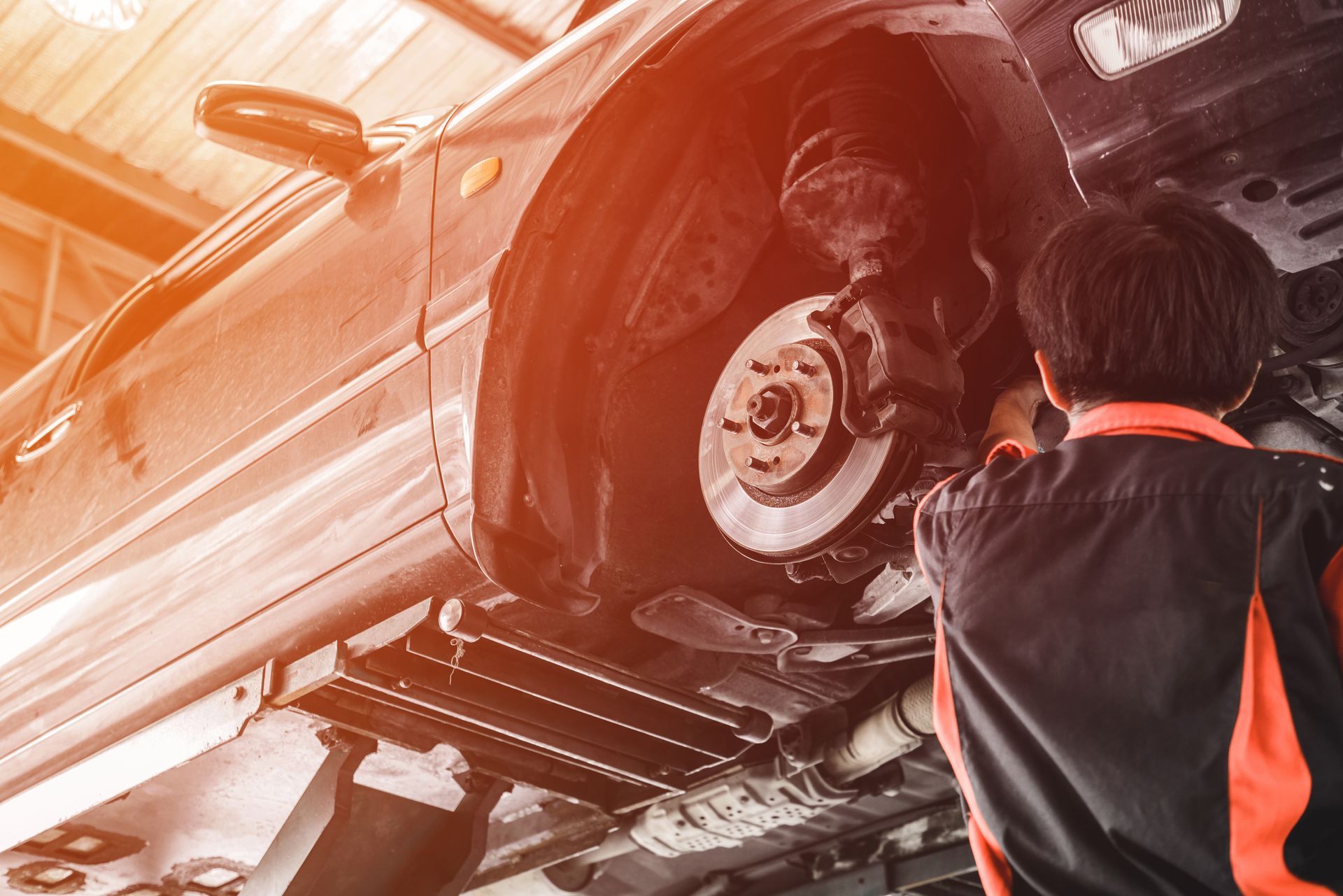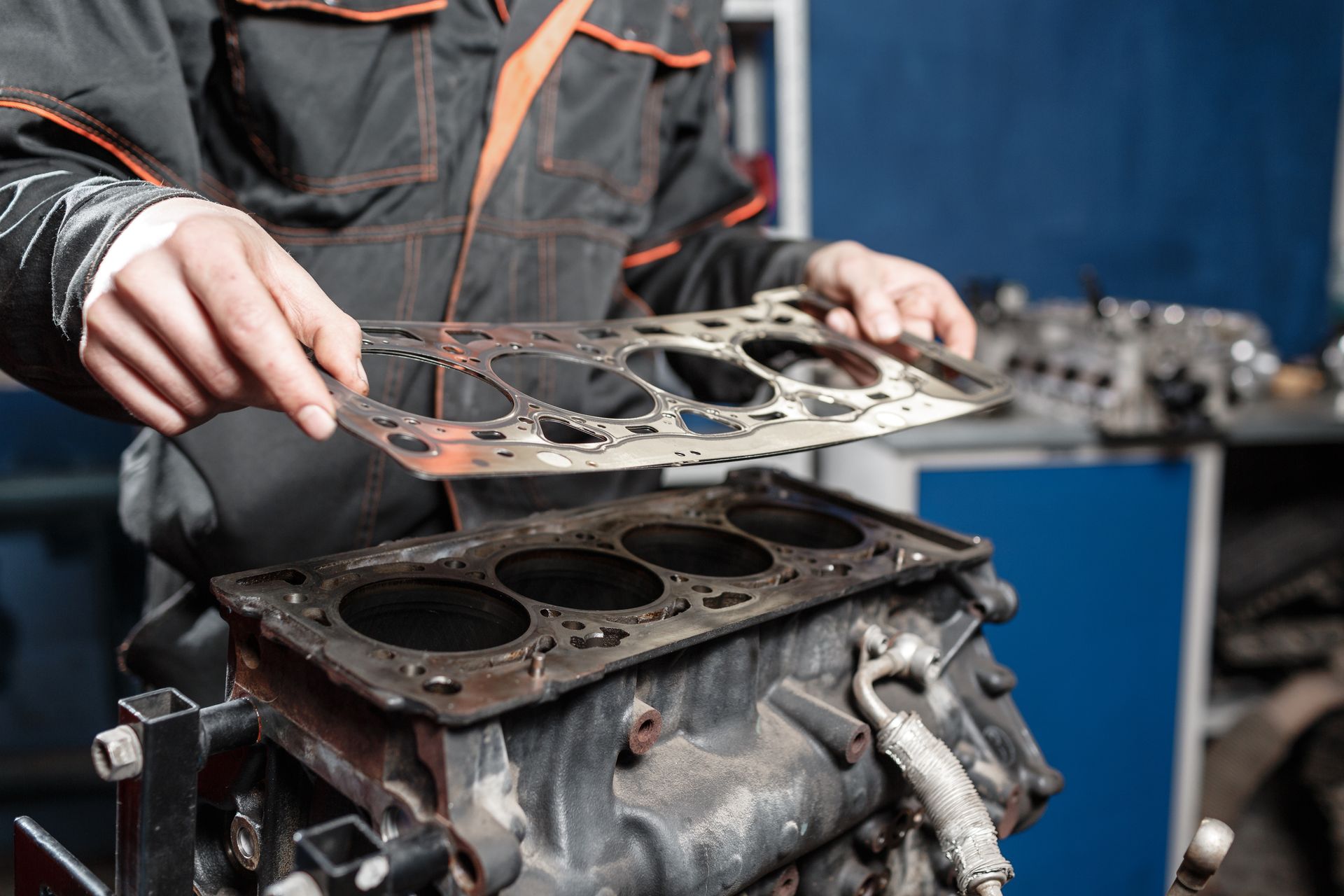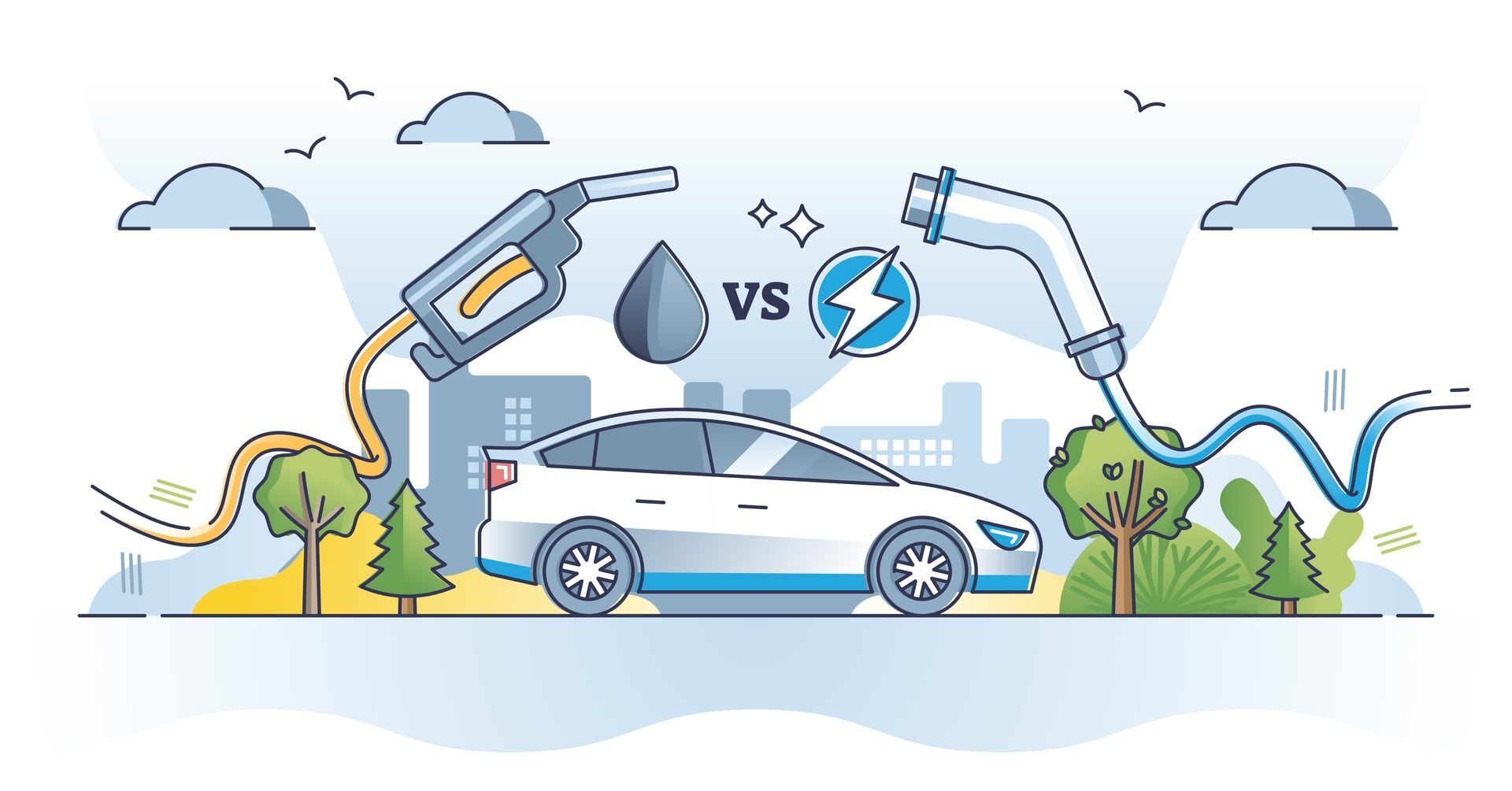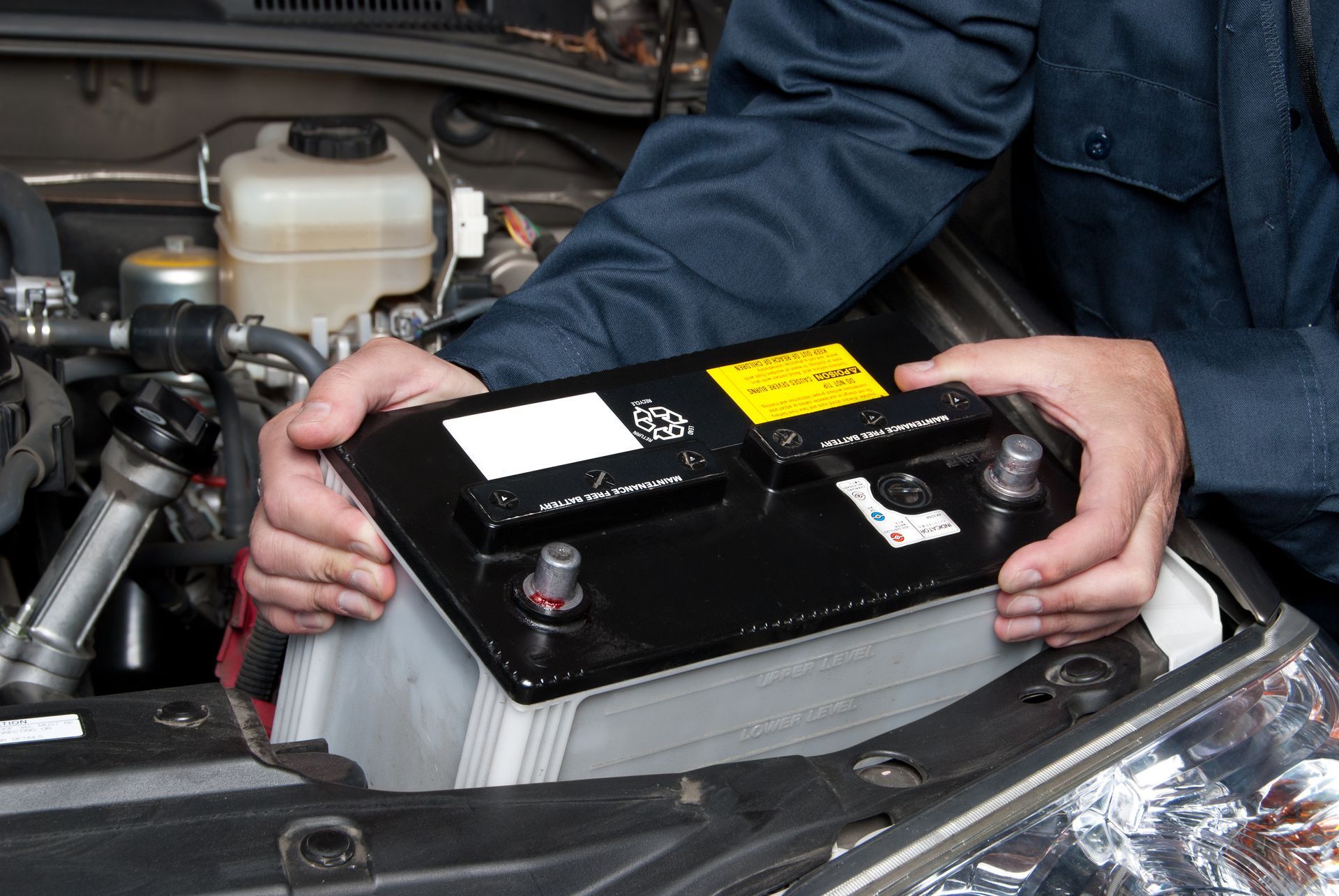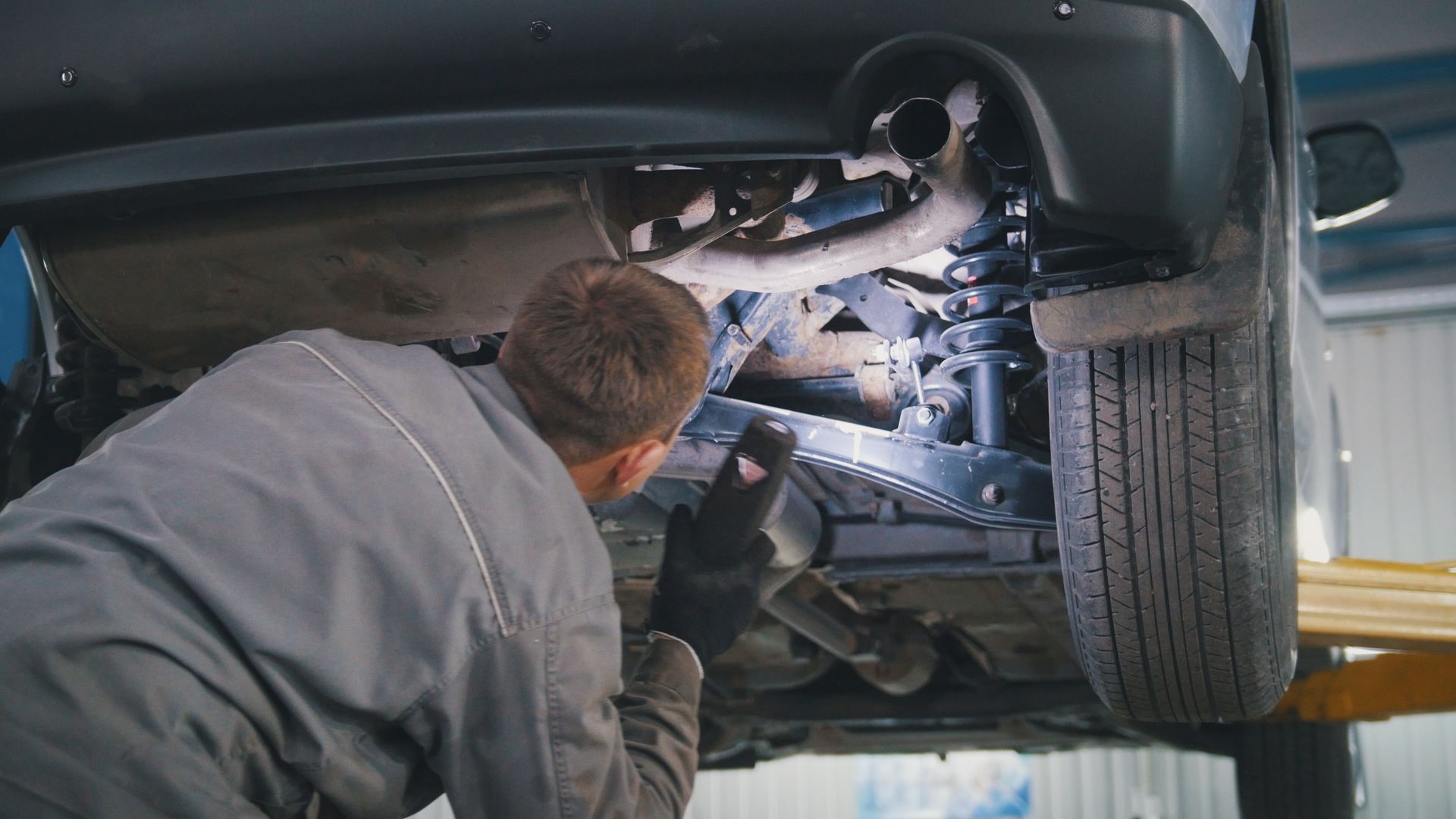Your vehicle’s engine is packed with complex systems working together to keep you moving, but what happens when something feels off? That’s where engine diagnostics come in. Modern cars are equipped with advanced technology that can detect problems long before they turn into major repairs. Whether it's a check engine light or an odd noise under the hood, diagnostic tools can pinpoint the issue and help you get back on the road with confidence.
What Is Engine Diagnostics
Engine diagnostics is the process of using specialized tools to analyze the performance and condition of a vehicle’s engine and related systems. Today’s cars rely on an onboard computer system known as the Engine Control Unit (ECU) to monitor everything from fuel efficiency to emissions. When something goes wrong, the ECU generates an error code, which can be retrieved using a diagnostic scanner. These codes provide valuable insights into potential issues, helping technicians identify problems faster and more accurately.
Diagnostic testing covers a wide range of vehicle components, including the engine, transmission, exhaust system, and even electrical elements like sensors and wiring. This makes it an essential step in keeping your car running efficiently and avoiding unexpected breakdowns.
How Does the Diagnostic Process Work
When your car is brought in for diagnostic testing, a technician connects a diagnostic scanner to the vehicle’s OBD-II (On-Board Diagnostics) port. This port, usually located under the dashboard, allows the scanner to communicate with the car’s computer and retrieve stored error codes. These codes are then analyzed to determine what system is affected and the possible causes behind the issue.
Once the codes are retrieved, the technician may perform additional inspections to confirm the exact problem. Some issues might be as simple as a loose gas cap triggering a warning, while others could indicate more serious concerns like a failing sensor or engine misfire. The goal of diagnostic testing is not just to read the codes but to interpret them correctly and provide an accurate solution.
Common Problems Detected by Engine Diagnostics
Your vehicle’s diagnostic system is capable of catching a wide range of issues, many of which you might not even notice right away. Some of the most common problems identified through diagnostics include:
- Faulty Oxygen Sensors: These sensors monitor the level of oxygen in the exhaust system. When they fail, they can reduce fuel efficiency and increase emissions.
- Ignition System Issues: Misfires, spark plug failures, or ignition coil problems can be detected early through diagnostic testing.
- Fuel System Troubles: Whether it’s a clogged fuel injector or a failing fuel pump, diagnostics can reveal fuel delivery issues before they leave you stranded.
- Transmission Problems: Warning lights related to shifting issues or slipping gears can often be traced through diagnostic scans.
- Emission Control Malfunctions: The system monitors components like the catalytic converter and EGR valve to ensure your car meets emission standards.
Catching these problems early through regular diagnostics can save you from expensive repairs and keep your vehicle running reliably.
Regular Diagnostic Testing
Many drivers only think about diagnostics when the check engine light comes on, but waiting for warning signs isn’t always the best approach. Routine diagnostic checks can help identify hidden problems that could worsen over time. For instance, an intermittent sensor issue might not trigger a warning light right away, but it could gradually affect your engine’s performance.
In a place like Stone Mountain, GA, where varying driving conditions can put extra stress on your vehicle, staying proactive with diagnostic checks can help ensure your car remains dependable year-round. Regular diagnostics also contribute to better fuel economy, smoother performance, and a longer lifespan for your engine components.
What to Expect During a Diagnostic Appointment
If you’ve never had a diagnostic test performed on your vehicle, the process is quick and straightforward. After connecting the scanner, the technician will review any trouble codes and provide recommendations based on their findings. Sometimes, the fix may be as easy as resetting the system after addressing the root cause, while other times, further repairs may be needed.
It’s always a good idea to ask questions and get a clear understanding of what the diagnostic codes mean for your vehicle. A reputable repair shop will explain the results and discuss the best course of action to get your car back to peak condition.
Is your check engine light on? Don’t ignore it—stop by
Wrench Junkies in Stone Mountain, GA, for a professional diagnostic check. Our experts will get to the root of the problem and get you back on the road safely.

